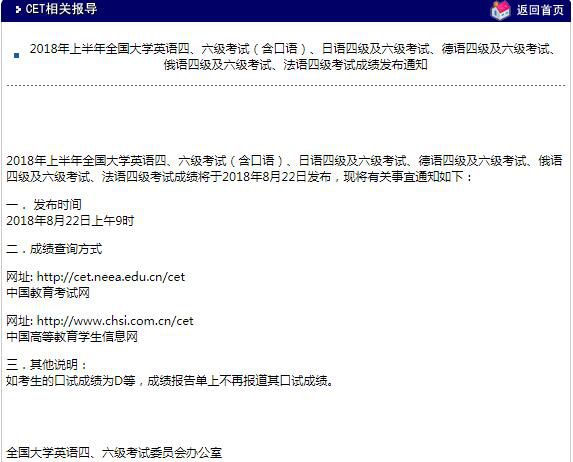Experts say HK could lose initially but could gain in long run
|
Direct links between the mainland and Taiwan may cut into Hong Kong's earnings for now, but the city could benefit from a cross-Straits business boom in the long run, economists said yesterday. Planes and ships crossing the Straits earlier had to pass through a third place, typically Hong Kong or Macao special administrative regions (SARs). But direct shipping and air links will prompt many passengers and ship owners to change the old routes. The change could make Hong Kong lose about HK$10 million, or 3.4 percent of its external trade, said Billy Wong, senior economist with the Hong Kong Trade Development Council (HKTDC). "Short-term loss is inevitable ... But we don't think the loss will be dramatic (even) in the short term." About 70 percent of Taiwan-to-mainland cargo is destined for the electronics industry in the Pearl River Delta region, Wong said. And Hong Kong serves as a "consolidation center" for the firms transporting the cargo. The SAR is a free port and will continue to be the desirable transit point for many of these firms. At times, it can function as a processing site, too. Aviation-related sectors will feel the impact of the change more directly because HKTDC estimates show passenger numbers and cargo volume to-and-from Taiwan will drop by 5 and 20 percent. Airport Authority of Hong Kong figures show about 5 million cross-Straits travelers used the SAR as a transit point last year - that's about 11 percent of the total of passengers who passed through the airport. The SAR handled 280,000 tons of cargo transshipments, too, which comprised about 7.4 percent of its throughput. But perhaps bus operators carrying people between Hong Kong and Guangdong airports will suffer the most. Hong Kong-Guangdong Boundary Crossing Bus Association secretary Chow Hing-wong said these buses carry about 30,000 passengers a day, 70 percent of who are from Taiwan. When the number of flights between Shenzhen and Taipei increases to 24 a week, these bus operators will be "out of business", Chow said. But Hong Kong could benefit from the direct links by making good use of the opportunities created by a boom in business, industry representatives said. The city's strength in finance and legal services will attract Taiwan firms after an open policy framework is set up, said Susie Chiang, chairwoman of the Hong Kong-Taiwan Business Association. Taiwan firms are keen to use Hong Kong as a trading platform to tap the overseas market, Wong said, which means Hong Kong could host more conferences and exhibitions. Zhu Wenhui, research fellow with the Hong Kong China Business Centre of Hong Kong Polytechnic University, said the SAR needed to strengthen its business links in fields like tourism with Taiwan. |








